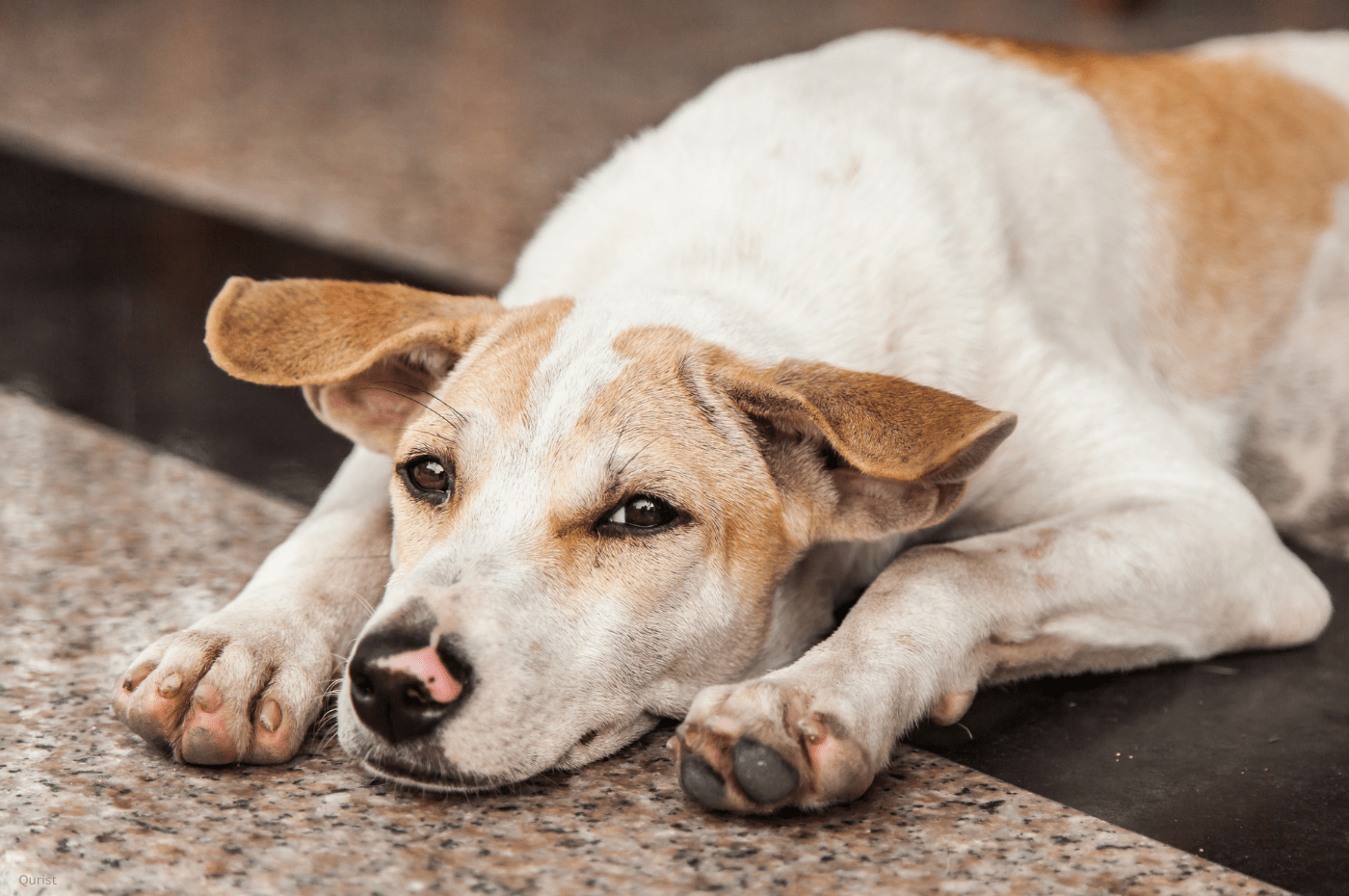A collapsed trachea is a common yet serious condition in dogs, tiny breeds like Yorkshire Terriers, Pomeranians, and Chihuahuas. This condition affects the windpipe (trachea), making breathing difficult for dogs. If left unmanaged, it can severely impact a dog's quality of life.
While there is no cure, pet parents in India are exploring supportive care options, including CBD, to help manage symptoms and improve comfort.
What is a Collapsed Trachea?
The trachea comprises rings of cartilage that help keep the airway open. In some dogs, these rings weaken over time, causing the trachea to flatten and obstruct airflow. This leads to difficulty in breathing and a distinctive honking cough.
Symptoms of a Collapsed Trachea
- Honking or wheezing cough
- Difficulty breathing
- Gagging, especially after drinking or eating
- Fatigue or exercise intolerance
- Blue gums (in severe cases due to lack of oxygen)
Causes and Risk Factors
Several factors contribute to a collapsed trachea in dogs, including:
- Genetics: Small-breed dogs are more prone to the condition.
- Obesity: Excess weight can put pressure on the trachea.
- Environmental Factors: Exposure to smoke, dust, and allergens can irritate the trachea.
- Age: Older dogs are more likely to develop tracheal collapse.
Excessive Excitement or Pulling on a Leash can strain the trachea and worsen the condition.
How to Manage Collapsed Trachea in Dogs
While no permanent solution exists, pet owners can take various steps to support their dog’s health and reduce symptoms.
Medication Management
Veterinarians may prescribe medications to help control symptoms and reduce discomfort, including:
- Cough Suppressants: To minimize irritation and coughing.
- Anti-Inflammatories: To reduce swelling in the trachea.
- Bronchodilators: These help keep the airway open.
- Sedatives: In cases where excitement worsens symptoms.
Lifestyle Modifications
- Weight Management: Maintaining a healthy weight reduces pressure on the trachea and eases breathing.
- Use a Harness Instead of a Collar: Collars can pressure the throat and worsen the collapse.
- Minimize Exposure to Irritants: Avoid cigarette smoke, air fresheners, and dust that could trigger coughing.
- Keep Your Dog Calm: Reducing stress and excitement helps prevent coughing episodes.
Dietary Adjustments
Feed smaller, more frequent meals to prevent pressure on the trachea. Provide a well-balanced diet to maintain overall health and weight.
Home Remedies & Supportive Care
- Humidifiers: Moist air can help soothe the airways and ease breathing.
- Herbal Remedies: Some pet parents explore natural options like honey or licorice root, but always consult a vet first.
- CBD for Supportive Care: CBD is being explored in India as a gentle, supportive option to help with inflammation and discomfort. While not a cure, many pet parents have started using pet-specific CBD oils as a wellness approach under veterinary guidance.
Surgical Options
For severe cases where other methods are ineffective, surgery may be considered. Procedures such as placing a stent in the trachea or external tracheal rings can help keep the airway open. However, surgery carries risks and is typically a last resort.
When to See a Veterinarian
Seek veterinary care if your dog shows signs of respiratory distress, persistent coughing, or blue gums. Early diagnosis and a tailored care plan are essential.
Managing a collapsed trachea involves a combination of lifestyle changes, medical care, and supportive alternatives. Though not a cure, options like CBD are being gently integrated into pet wellness routines in India to help relieve stress, discomfort, and inflammation.
If you are considering supportive tools like CBD, choose a pet-formulated product from a trusted Indian brand like Qurist, and always consult your veterinarian before introducing anything new to your dog's routine. With proper care, many dogs with tracheal collapse can lead happy, comfortable lives.





Leave a comment
This site is protected by hCaptcha and the hCaptcha Privacy Policy and Terms of Service apply.